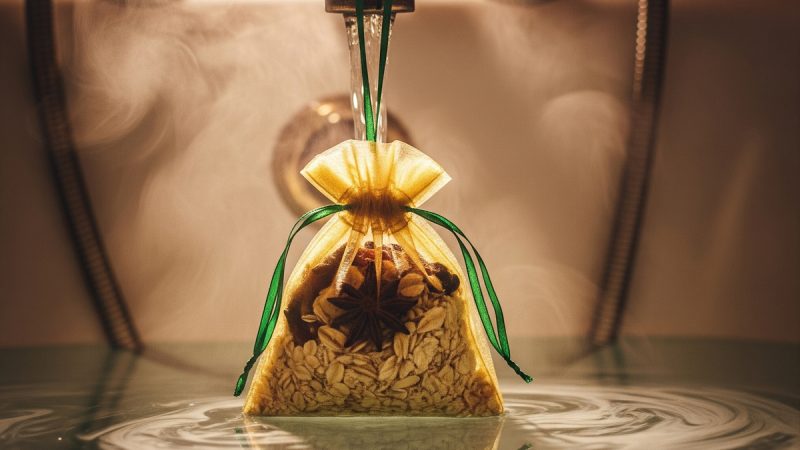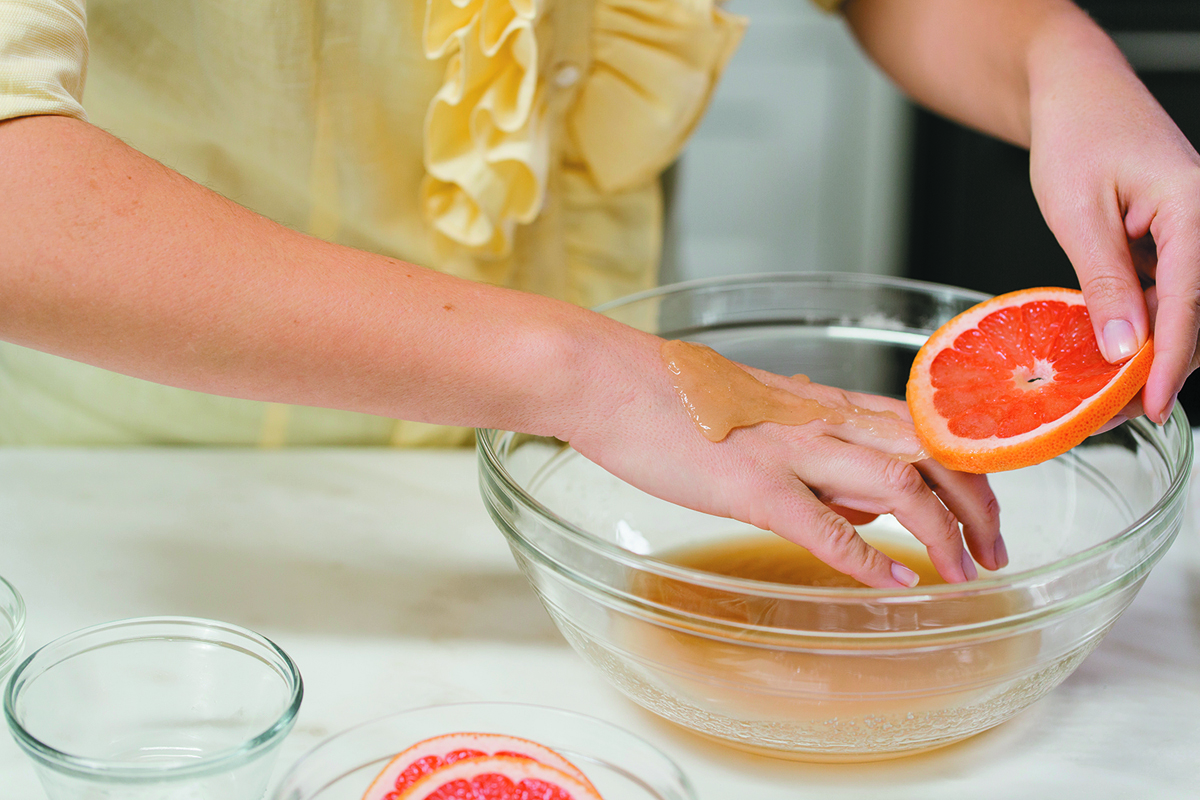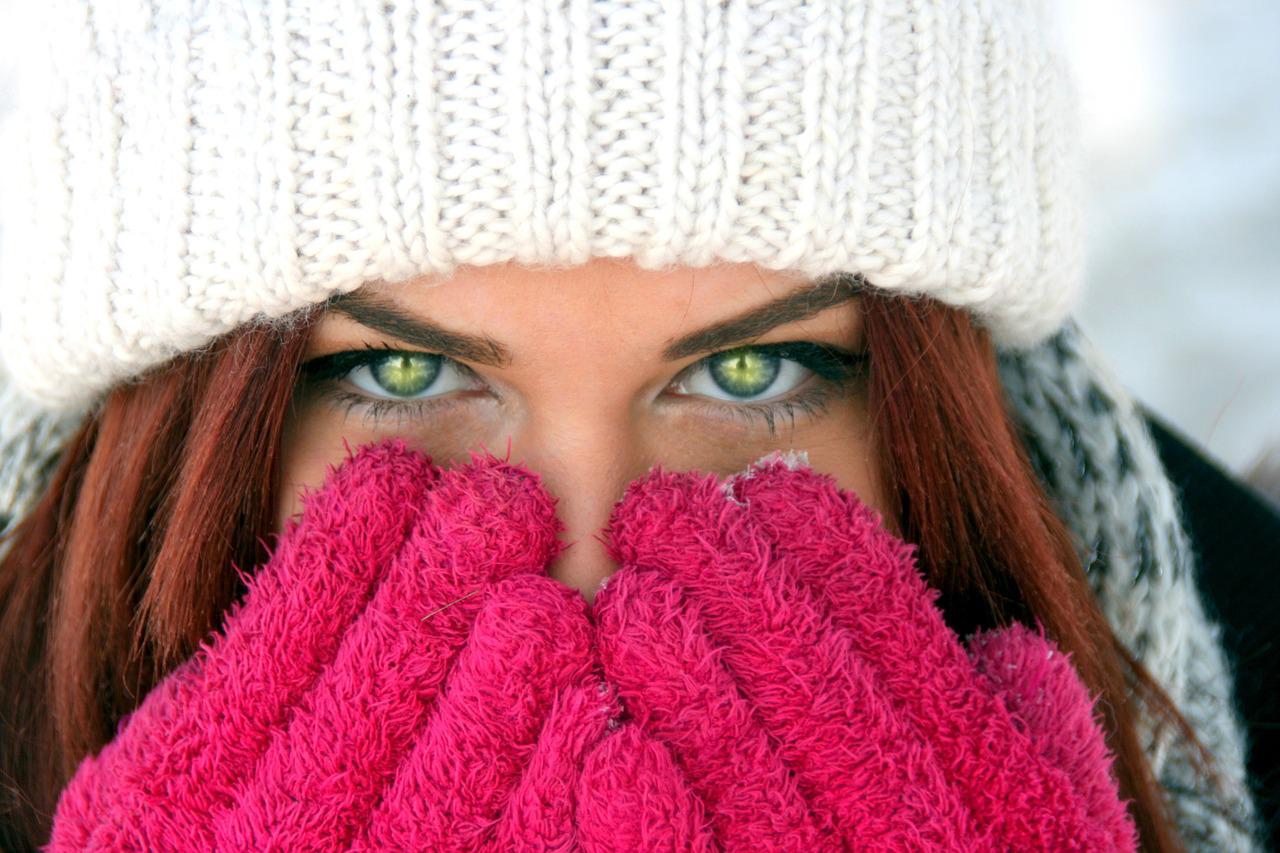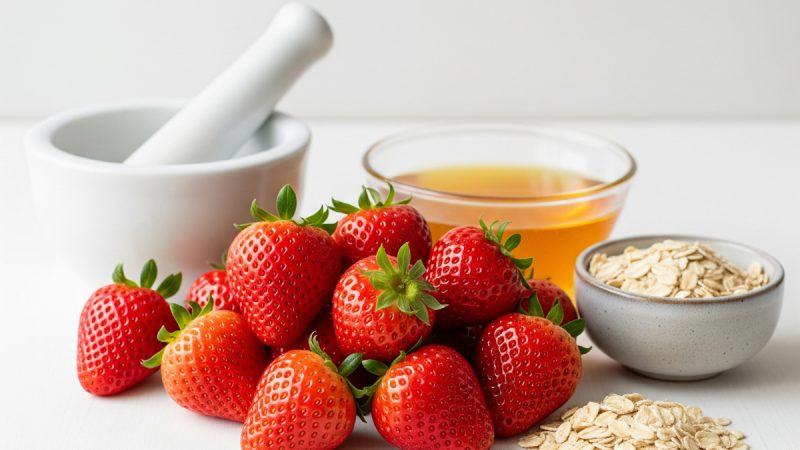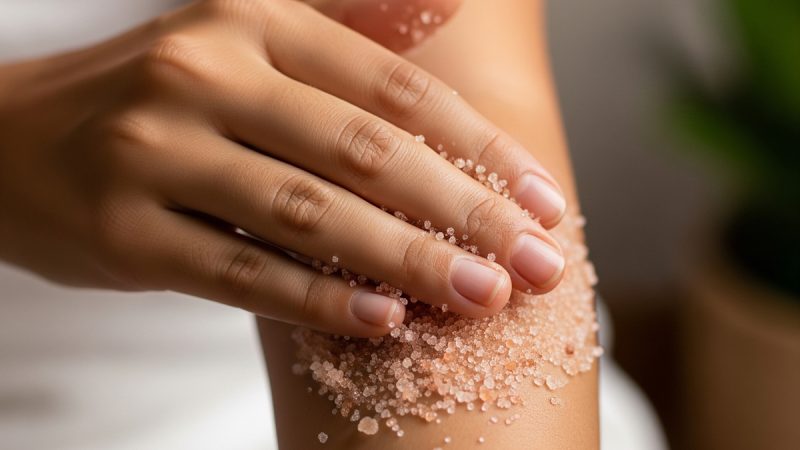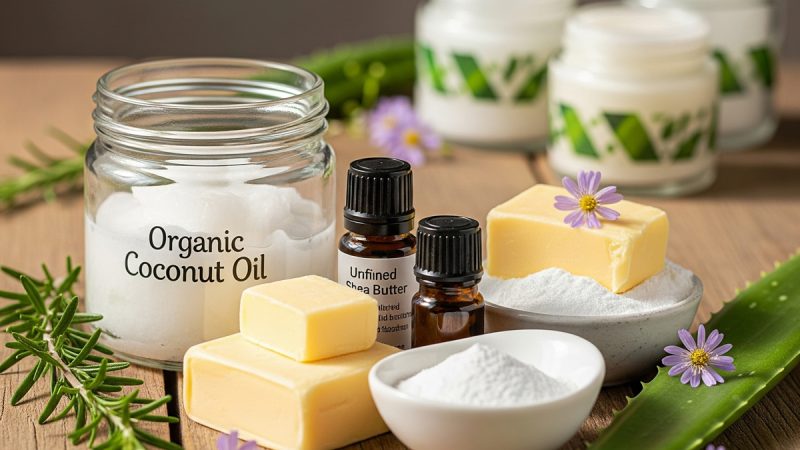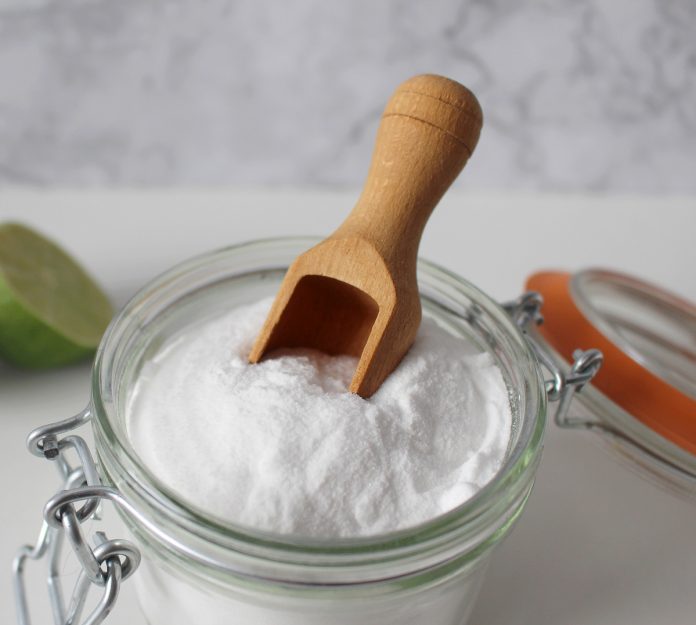Self Head Massage

Head Massage is an amazing alternative medicine tool. It is convenient, it doesn’t require a special place, it can be done almost everywhere and the patient can remain fully clothed during the session.
A Bit of History
Head Massage appeared in ancient India as part of Ayurveda. Later was brought in Tibet by the Indian Gurus which passed the science to Tibetan Monks. Champi, (or Champissage as is known in the western world), is a very popular Indian tradition and the knowledge passes from generation to generation.
Benefits of Head Massage
Head Massage is an exceptional treatment for the following conditions: Insomnia, Stress, Anxiety, Restlessness, Dizziness, Unbalanced Emotions, Depression, Muscle Cramps and Stiffness, Backache and Migraines, fatigue. In combination with the use of massage oils is an very good tool to treat skin and hair problems. It is one of the most effective tools against all disorders caused by the modern life.
Self Massage
If you can’t benefit from the services of a professional massage therapist you can give yourself a head massage. At your workplace to help you regain concentration, at home after an exhausting day, before an exam to help you manage the stress, etc…
Before You Start
Before a self-massage warm up your hands, if needed, wash your hands with warm water and use moisturizing cream or massage oil. Rub your hands together very quickly, this warms them even more. Relax as much as possible focusing on your massage.
Begin with a Neck Stretching
Place your hands on the place where neck joints with shoulders and start with a side stretching left – and right. The stretching has to be done in a slow motion and the extension should in the limits of comfort. Do this a few times each side. Keeping your hands on the shoulders, continue with stretching forward – backward in the same slow motion. Continue the stretching with alternative rotations; one clockwise the next one counterclockwise this time even slower. Repeat this several times.
Shoulder Squeezing
Place your left hand on your right shoulder near your neck and squeeze the muscle between your palm and your fingers. Do this on the whole shoulder up to the neck. Repeat this with your right hand on the left shoulder. Ideally you should do this directly on the skin. Avoid rubbing the skin too much if you are not using oil.
Nerve Strokes
Pass your fingers gently through your hair against the direction of hair growth and go all the way to neck. Do this on the opposite direction starting from the neck to the front of the head. When you reach the top of the head where the hair forms a swirl stop for a second and then proceed further.
Eyebrows Friction
Starting from between your eyebrows rub with both of your middle fingers along the eyebrows to the temporal bone. When you reach the temporal bone search for a small cavity and do a small circle fingertip friction. Alternatively this can be done with the thumb. This is an excellent tool against headaches and fatigue.
Ear Massage
Ear massage will help reduce the stress, improve digestion, improve body temperature adjustment. Pull the ear backward with light force. Squeeze the ear between thumb and index applying a light pressure. Pull the earlobe downward with light force and release. This stimulates all the energetic points on the ear. This is very similar to auriculotherapy. Earlobe massage will calm the hyperactive kids.
A Bit of The Spiritual Part
Indian head massage is based on the assumption that human body have energetic centers called marma. Marma are sensitive points that are serving as gates between body’s physical and energetic levels, (it is something similar to Chinese pressopuncture points). By stimulating these points we can adjust the vital energy. If you want to know more about Head Self Massage go to: Self Massage – Head Massage to read the whole manual.
The Author:
Dorian Bodnariucis an Massage therapist who is involved in promoting touch as a life changing instrument.You can check the online Massage Manual, part of the promotional campaign at: http://www.head-massage.net/manuals.
Photo. MSAI

